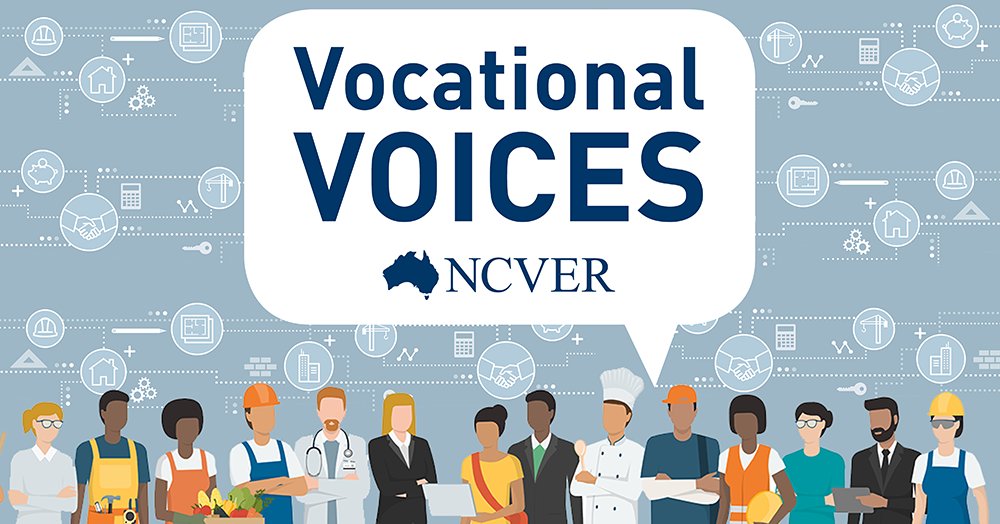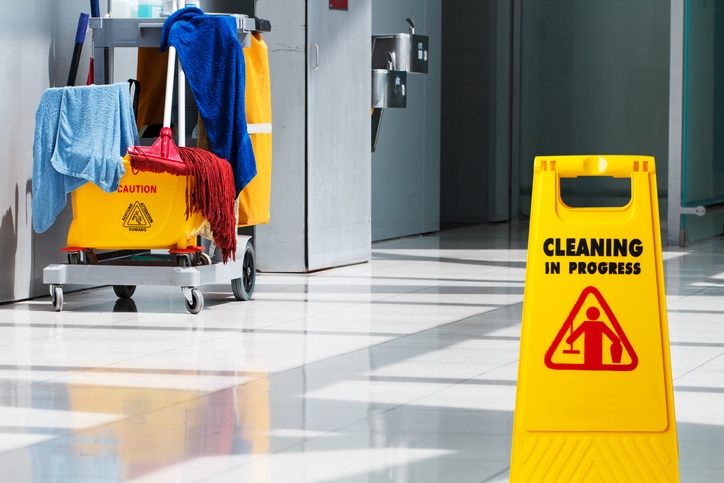The Australian Building Codes Board (ABCB) has released its new and improved educational resource ‘NCC Tutor’.
The improved NCC Tutor educational resource has been re-designed to better support educators in the Vocational Education and Training (VET) sector to train their students to use, understand and competently apply the National Construction Code (NCC).
The modules have been tailored to some of the Construction, Plumbing and Services (CPC, CPC08) and Property Services (CPP, CPP07) training packages that include competency requirements that relate to the NCC in the Certificate IV and Diploma qualifications.
The resource has retained its PowerPoint presentation format, but adopted a more structured and targeted approach with less repetition of material across different modules, new in-class activities, more in-depth teaching notes and new ‘in-presentation’ quizzes.
A key difference between the new NCC Tutor and its earlier editions, is that the 17 modules have been structured into three key learning areas:
- Understanding – These core modules explain fundamental concepts and understandings about the NCC that are essential to understanding the remaining modules.
- Using – These are practical modules that take trainees through the process on how to use a particular Volume to locate, interpret and apply different requirements.
- Example – These modules contain a detailed worked example of how to locate, interpret and apply the requirements of a Volume to at least one real-world building project.
The modules can assist educators to provide their students with additional in-class opportunities to review, discuss and apply their knowledge of the NCC. The modules have also been mapped to relevant units of competencies (UOCs) to better support educators’ need to test their students’ competencies against required knowledge and performance criteria in relevant UOCs.
Up to 17 modules will be released in the coming months.
Enhanced education to support the tertiary education sector Part of the ABCB’s response to the Building Confidence Report (the report) includes supporting the tertiary education sector through curriculum input and targeted resources to improve entry-level knowledge of the NCC. The CPP Skills Forecast also noted the report as a key driver for change, not only for the industry, but also for training.
How can I access NCC Tutor?
NCC Tutor is specifically for use by educators from Registered Training Organisations (RTOs), Technical and Further Education (TAFE) institutions and universities.
Interested RTO and TAFE providers and educators can request access to NCC Tutor by submitting an online enquiry to the ABCB.
Request access to NCC Tutor.
The NCC Tutor modules have been tailored to suit some of the Construction, Plumbing and Services (CPC, CPC08) and Property Services (CPP, CPP07) training packages at Certificate IV and Diploma levels. The modules have been mapped to relevant units of competencies (UOCs) to better support educators’ need to test their students’ competencies against required knowledge and performance criteria in relevant UOCs.
Find out more: https://www.abcb.gov.au/Initiatives/All/education/NCC-Tutor
CPC User Manual













